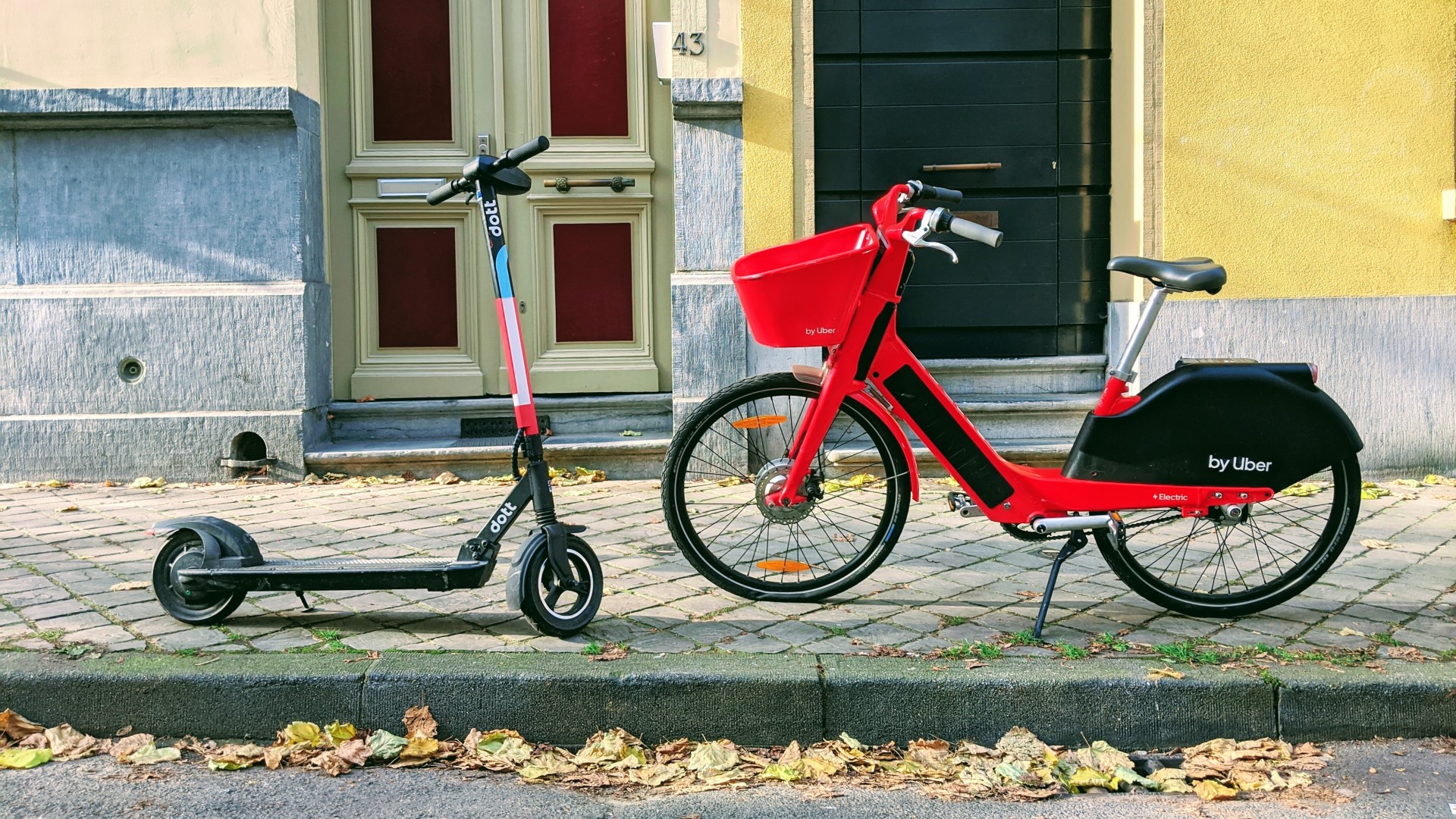Cycling and micromobility

Research has demonstrated that cycling and other micromobility modes such as e-scooters have great potential for our daily mobility. This is particularly true in urban areas, where distances are smaller, but emerging e-cycling technology will most likely will increase this potential further to other areas. Due to the COVID-19 and climate crises, a renewed focus on cycling and other micromobility modes have emerged, and many cities have developed strategies for investments in infrastructure and regulations for emerging shared micromobility solutions.
As for cycling, research indicates that it elicits major welfare benefits, including public health effects, less congestion, reduced use of space in cities, less pollution and a more liveable urban environment. Even though Denmark has a rather high share of cycling as a transport mode, this historically has received little attention compared to infrastructure investments in cars and public transport. A typical problem is that current methods that analyse cyclists’ behaviour are often adaptations of methods developed for car traffic. Facilitated by better quantitative analyses, it would be easier for politicians to prioritize and argue for more investments in cycling.
In the cycling and micro-mobility realm, we seek to provide better methods for analysing and quantifying the effects of development and investments in cycling and micromobility. Our research areas embrace a range of topics, e.g., bicycle infrastructure design with the aim of improving bicycle flows, safe bicycling for children and optimal strategies for infrastructure investments and shared micro-mobility. A better understanding of micromobility users' behaviour and users of shared micromobility solutions will lead to more dedicated funding, more efficient shared mobility regulation, better prioritisation of specific projects and, thus, higher market share, resulting in greater welfare benefits from transport investments.
Please get in touch with us if you have ideas for research projects or need an expert opinion.
Contact
Anders Fjendbo Jensen Associate Professor Department of Technology, Management and Economics Phone: +45 45256596 afjje@dtu.dk